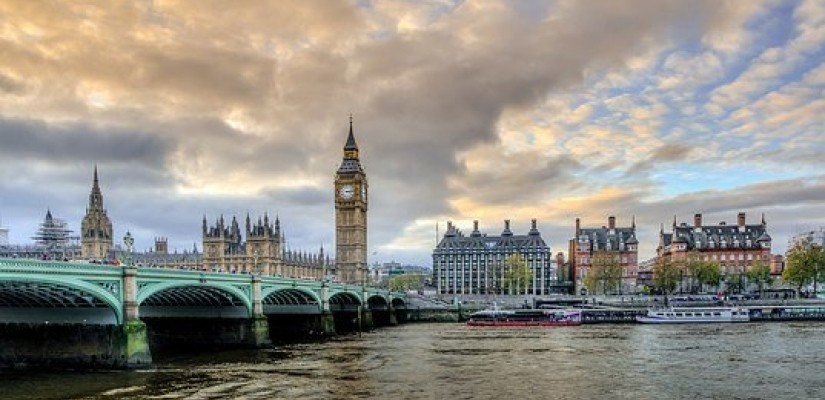
Prime Minister Boris Johnson won a sweeping election victory on December 12, 2019, ending nearly three years of uncertainty following the country’s decision to leave the European Union. For Conservatives, this has been the largest victory since Margaret Thatcher’s election. For the Labor party, led by Jeremy Corbyn, however, it has been an enormous loss. Thousands of traditional Labor voters in Northern England constituencies backed the Conservatives for the first time, largely due to discontent with Jeremy Corbyn’s leadership and a desire to finally put an end to Brexit back-and-forth.
The Conservative party’s victory paves the way for a triumphant Boris Johnson to deliver on his promise to “get Brexit done on time by the 31st of January, no ifs, no buts, no maybes”. The Prime Minister now faces the daunting task of negotiating trade deals around the world. The pound has surged 2.5%, its largest increase in nearly three years, as markets priced in the possibility of Britain entering a politically stable period. In Scotland, however, the anti-Brexit, pro-independence Scottish National Party (SNP) won 48 out of 59 seats, indicating an increase in support for independence. This sentiment has also increased in Northern Ireland, putting the United Kingdom’s integrity into question.
